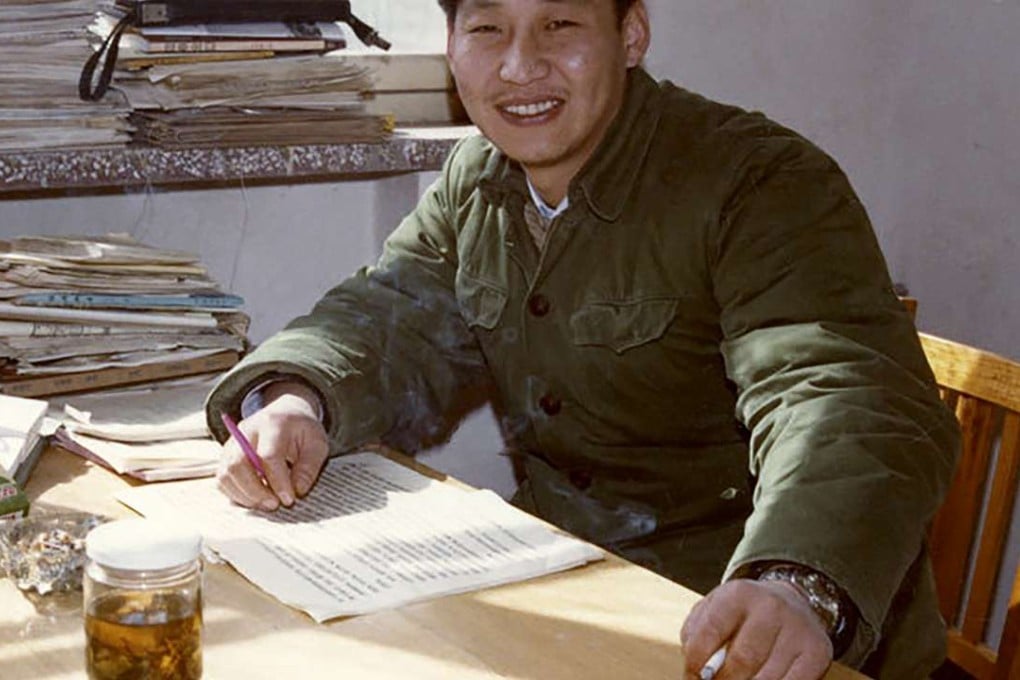Model quitter: President Xi Jinping’s decision to give up smoking deserves praise, WHO chief says

A compliment from the World Health Organisation chief to President Xi Jinping for quitting smoking will be a boost to tobacco control efforts, now in a vital phase ahead of a national anti-smoking law, observers said.
WHO director general Margaret Chan Fung Fu-chun said last week during an official visit to Beijing that Xi did not smoke any more and that this was “worth praising as a good model”.
Chan did not elaborate on when Xi quit smoking. Past media reports said Xi quit in the 1980s.
“There are about 300 million smokers. President Xi understands the importance of tobacco control,” Chan said.
Her compliment comes as the State Council, the cabinet, is contemplating whether to enforce stricter tobacco controls, and while the government also controls the nation’s tobacco industry, a major source of revenue.
Tobacco sales in China take hit from tax rises and luxury crackdown
Xi’s stance will be important in deciding which way the government will swing, according to Wu Yiqun, deputy director of the Think Tank Research Centre for Health Development, an anti-smoking group.